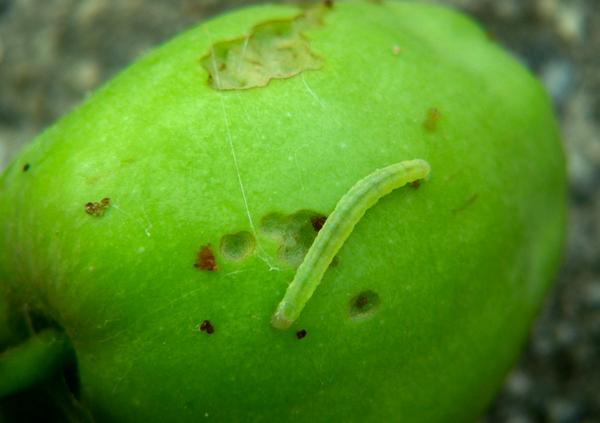
Clinic Holiday Closings (Late 2025 - Early 2026)
The PDIC will be closed during the following dates for the late 2025 – early 2026 holidays: Thanksgiving break: The …



El inglés es el idioma de control de esta página. En la medida en que haya algún conflicto entre la traducción al inglés y la traducción, el inglés prevalece.
Al hacer clic en el enlace de traducción se activa un servicio de traducción gratuito para convertir la página al español. Al igual que con cualquier traducción por Internet, la conversión no es sensible al contexto y puede que no traduzca el texto en su significado original. NC State Extension no garantiza la exactitud del texto traducido. Por favor, tenga en cuenta que algunas aplicaciones y/o servicios pueden no funcionar como se espera cuando se traducen.
Inglês é o idioma de controle desta página. Na medida que haja algum conflito entre o texto original em Inglês e a tradução, o Inglês prevalece.
Ao clicar no link de tradução, um serviço gratuito de tradução será ativado para converter a página para o Português. Como em qualquer tradução pela internet, a conversão não é sensivel ao contexto e pode não ocorrer a tradução para o significado orginal. O serviço de Extensão da Carolina do Norte (NC State Extension) não garante a exatidão do texto traduzido. Por favor, observe que algumas funções ou serviços podem não funcionar como esperado após a tradução.
English is the controlling language of this page. To the extent there is any conflict between the English text and the translation, English controls.
Clicking on the translation link activates a free translation service to convert the page to Spanish. As with any Internet translation, the conversion is not context-sensitive and may not translate the text to its original meaning. NC State Extension does not guarantee the accuracy of the translated text. Please note that some applications and/or services may not function as expected when translated.
Collapse ▲
The PDIC will be closed during the following dates for the late 2025 – early 2026 holidays: Thanksgiving break: The …

The spring 2026 Pesticide Safety Schools are for those seeking initial licensing in one or more pesticide subcategories. To register for …

Physical samples for plant disease diagnosis originating within the continental U.S., but outside the state of North Carolina, can …

As you may have heard, the NC State Plant Disease and Insect Clinic (PDIC) recently moved locations from Gardner …

Are you a pesticide license holder looking for a convenient way to earn your continuing education hours? If so, …
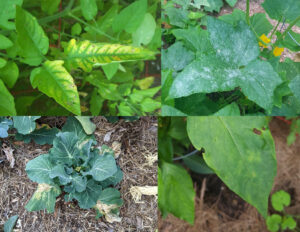
Please note: this message affects all PDIC users, except samples of turf/grasses for the Turf Diagnostic Lab Summer is always …
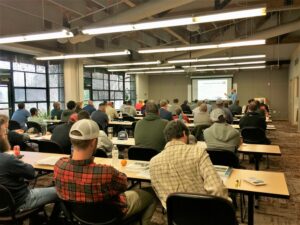
The fall 2025 Pesticide Safety Schools are available to those seeking initial licensing in one or more pesticide subcategories. To …
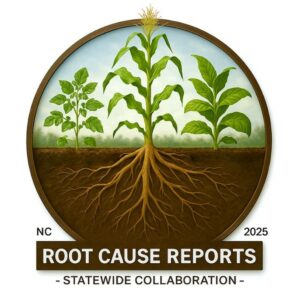
Root Cause Reports Turning Local Problems into Statewide Solutions Beans Gone Wild began as a tool to capture and share real-time …
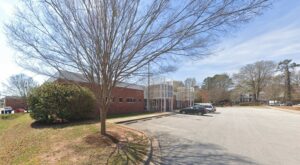
Two significant changes are coming to the PDIC this spring: Our lab will be moving to the Varsity Research …
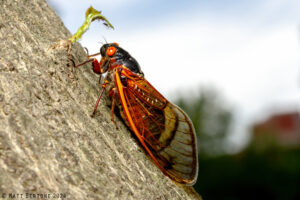
If you missed them last year or didn’t get your fill, you’ll have another chance to see periodical cicadas …
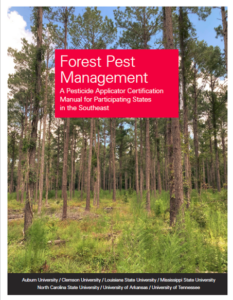
The Pesticide Safety Education Program at NC State University is offering an online exam preparation course for those seeking …
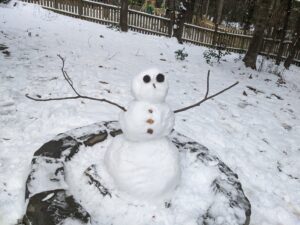
Due to the winter weather, NC State will operate under Condition 2 (Suspended Operations) on Wednesday, Feb. 20th. Under …
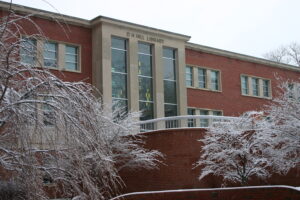
Condition 2 (Suspended Operations) have been extended until 10 a.m. on Thursday, January 23, 2025. We hope for much …

In observance of the Dr. Martin Luther King, Jr. holiday, the Plant Disease and Insect Clinic will be closed …
New Pesticide Applicator Certification and Training rules were enacted at the end of 2024. One that will catch many …

Due to the incoming winter storm and its expected impact on travel, the Plant Disease and Insect Clinic will …
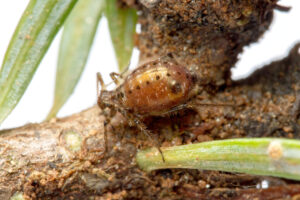
As the holiday season approaches, the PDIC will be following scheduled closures based on the university holiday calendar. For Thanksgiving, …

The U.S. Environmental Protection Agency shared the following news release Friday, October 11, 2024, introducing a toolbox of strategies …
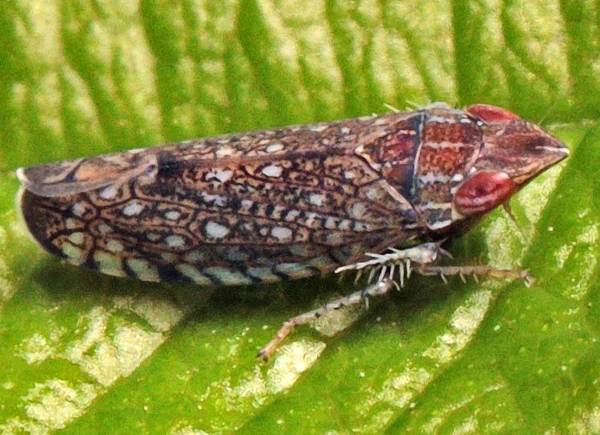
Leafhoppers are insects of importance to highbush blueberry growers in North Carolina. Species in the …
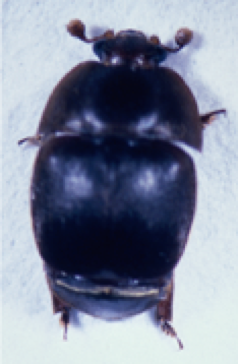
This factsheet describes the small hive beetle, its life cycle and how to prevent infestations …
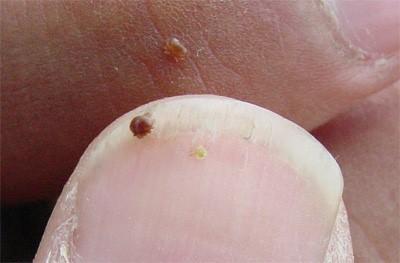
It is the goal of every beekeeper to maintain healthy, productive colonies. This can only …

This factsheet provides basic information about prevention and control of Africanized honey bees prior to …
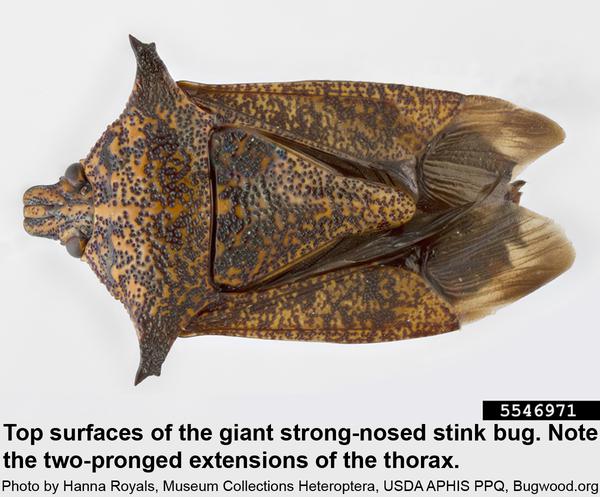
This factsheet describes the biology of the giant strong-nosed stink bug, Alcaeorrhynchus grandis, and provides …

This manual prepares pesticide applicators for Forest Pest Control Certification exams in the following states: …
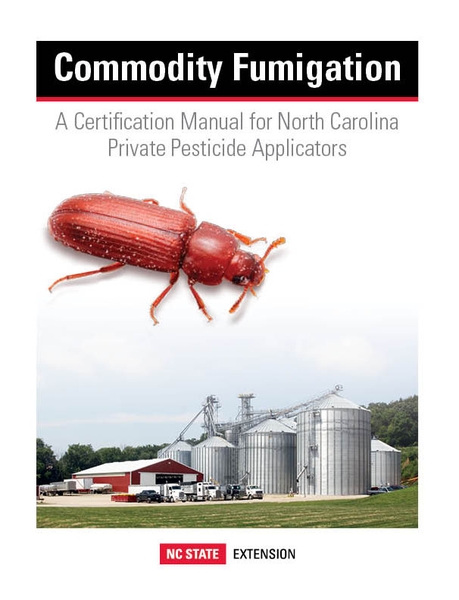
This manual provides guidance tailored for North Carolina's non-commercial pesticide applicators using fumigants in commodity …
